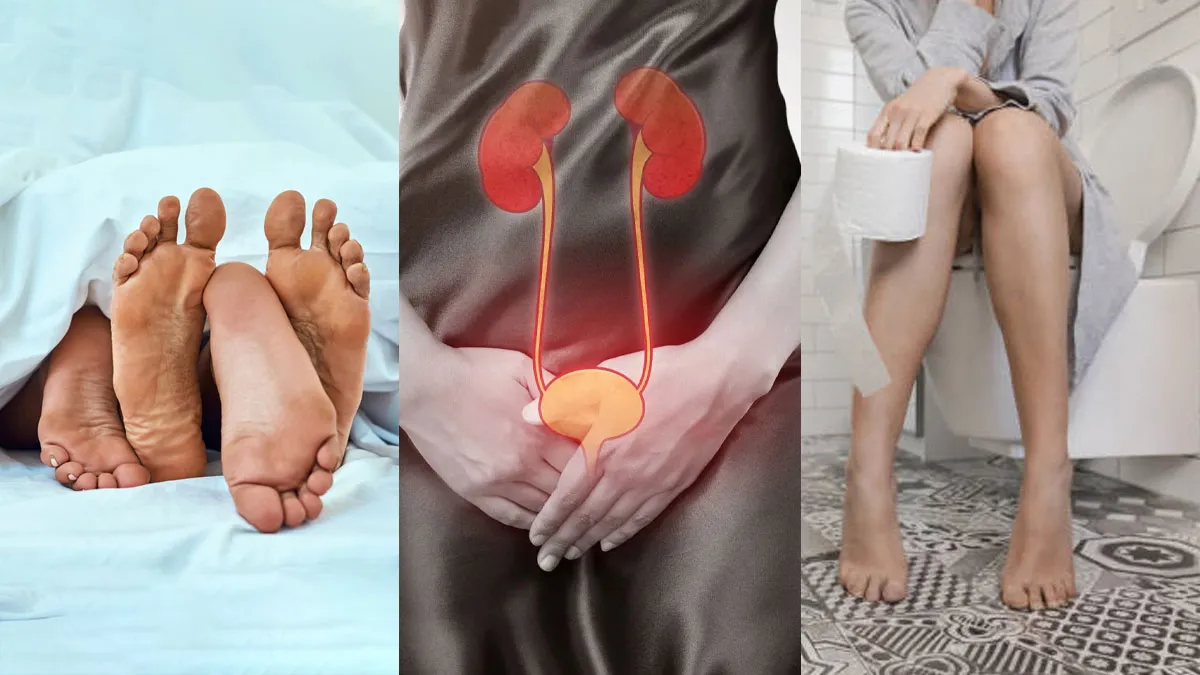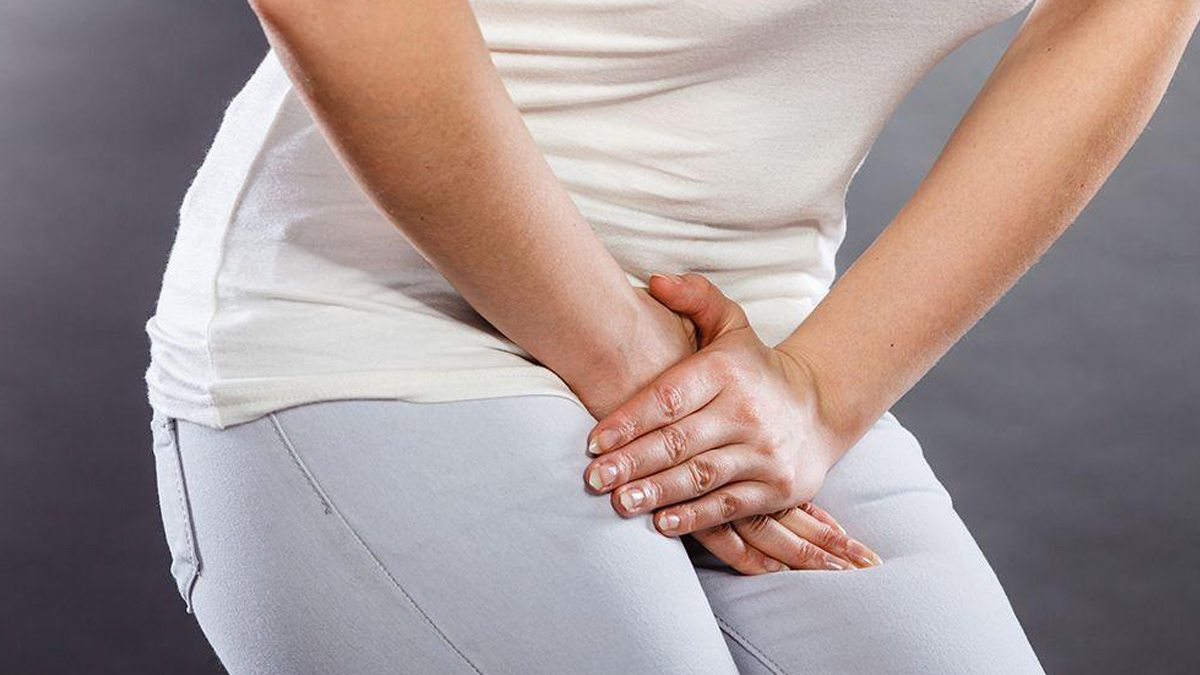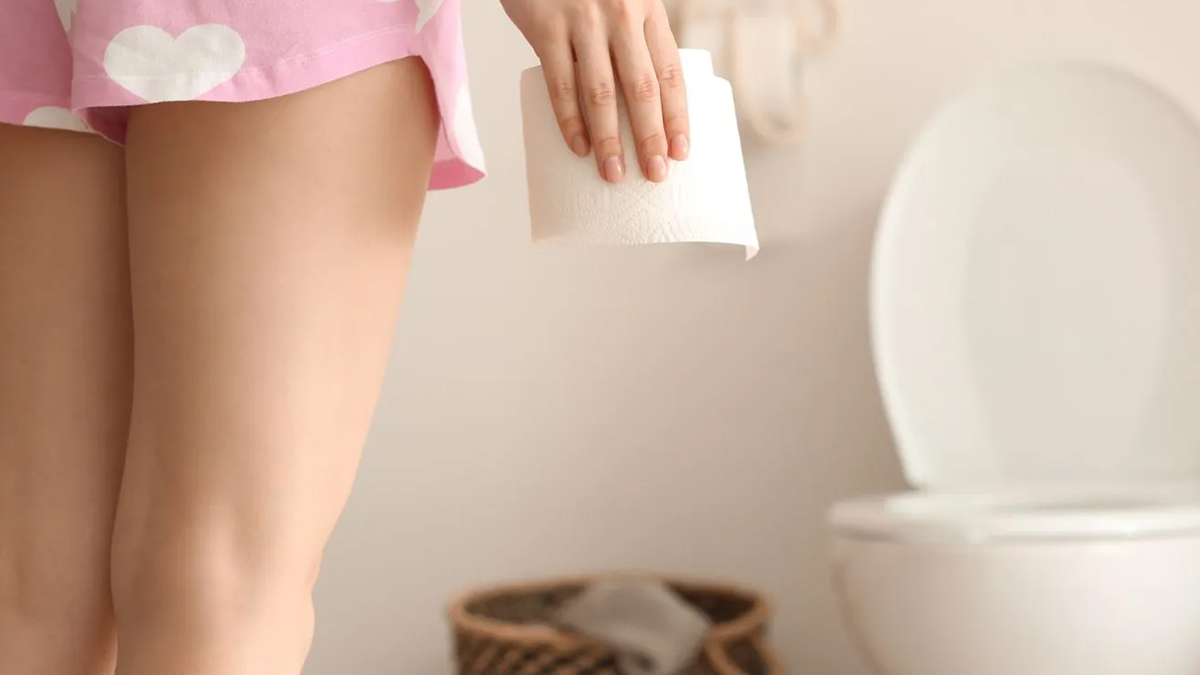
For many people, sex is a joyful and fulfilling experience. But it can also bring unexpected health challenges that are not always discussed openly. One such concern is the risk of developing a urinary tract infection (UTI) after sexual activity. UTIs are common, especially among women, and can cause discomfort, pain, and worry. After sex, bacteria can get into the urinary tract and cause an infection. Many women are told to pee after sex to stop UTIs. But is this advice really backed by science? Read ahead to know what experts and studies have to say about this notion.
Table of Content:-
What Causes UTIs After Sex?![sex stop UTI 1 - 2025-06-12T135657.603]()
Dr Tripti Dubey, Sr Consultant Obstetrics & Gynaecology and Robotic Surgery, Apollo Hospitals Navi Mumbai, explains: “Peeing after sex has long been touted as a simple preventive measure against urinary tract infections (UTIs), especially in women. While the practice has some merit, its effectiveness depends on several factors, including individual anatomy, hygiene habits, and microbial exposure.”
During sex, bacteria from the genital area can move into the urethra. The urethra is the tube that carries urine out of the body. In women, the urethra is shorter than in men. This makes it easier for bacteria to reach the bladder and cause an infection.
ALSO READ: Does Weight Impact IVF Success? Expert Explains the Connection
How Does Peeing After Sex Help?![uti stop 3 - 2025-06-12T135656.131]()
Dr Dubey says, “Scientifically, urinating after intercourse can help flush out some of the bacteria that may have entered the urethra during sexual activity. This mechanical flushing action reduces the risk of bacterial colonisation in the lower urinary tract, which is the first step in developing a UTI.”
When you pee after sex, you help clear out any bacteria that might have gotten into the urethra. This can lower your risk of getting a UTI. But Dr Dubey notes, “However, while helpful, post-coital urination alone is not a fool-proof solution. It is more of a supportive habit than a standalone preventive strategy.”
Other Important Factors in UTI Prevention![UTI prevention 2 - 2025-06-12T135659.186]()
Peeing after sex is just one part of a bigger picture. The expert explains, “The urethra in women is significantly shorter than in men, allowing bacteria such as Escherichia coli to travel quickly to the bladder. Friction during intercourse can facilitate the movement of these bacteria, particularly if natural lubrication is insufficient or prolonged activity causes microtrauma to the vaginal or urethral tissues.”
She adds, “Clinical guidelines and research underscore the importance of a comprehensive approach to UTI prevention. Adequate hydration, wiping front to back, avoiding spermicides or diaphragms (which can disrupt the normal vaginal flora), and practicing good genital hygiene all play key roles.”
If you get UTIs often, especially after sex, your doctor might suggest extra steps. These could include drinking more water, using vaginal lubricants during sex, or, for women in menopause, vaginal estrogen therapy.
A study published in the Journal of Women’s Health found that women who peed after sex were less likely to get a UTI. But the study also showed that this habit alone is not enough to prevent all infections. The best results come from combining peeing after sex with other healthy habits, like drinking plenty of water and keeping the genital area clean.
ALSO READ: Can Using Tampons Affect Your Hymen? Experts Debunk the Virginity Myth
Conclusion
Peeing after sex is a simple, low-risk habit that can help reduce your risk of UTIs. But it is not a magic fix. Good hygiene, staying hydrated, and talking to your doctor if you get UTIs often are all important. Ultimately, peeing after sex is a low-risk, beneficial habit that may help some women reduce their risk of UTIs. But it should not be viewed as a standalone solution. For those experiencing frequent infections, a thorough medical evaluation can uncover contributing factors such as hormonal changes, anatomical variations, or resistant bacterial strains.
How we keep this article up to date:
We work with experts and keep a close eye on the latest in health and wellness. Whenever there is a new research or helpful information, we update our articles with accurate and useful advice.
Current Version


